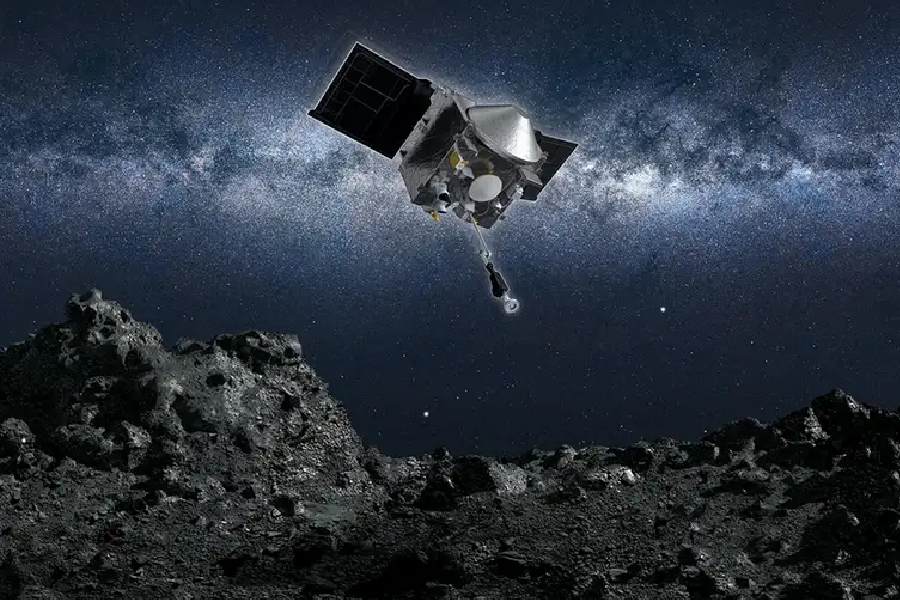Ending its seven-year long expedition, a NASA space capsule carrying samples from the surface of an asteroid is making its return to Earth on Sunday.
If OSIRIS-REx makes a successful landing, it will mark the third and largest asteroid sample to have ever been brought to Earth in history.
The OSIRIS-REx capsule, launched by NASA in collaboration with the University of Arizona, is going to make a parachute landing at 10:55 am EDT (1455 GMT) in the Utah desert.
The capsule's safe landing is risky but mission managers at the US space agency are hoping for a "spot-on" touchdown.
Why is the OSIRIS-REx mission important?
The mission was launched in September 2016 to collect samples from Bennu, an asteroid rich in Carbon and classified as a "near-Earth object."
The capsule landed on Bennu's surface after four years and collected about nine ounces (250 grams) of dust from its stony surface.
"This sample return is really historic," NASA scientist Amy Simon told AFP news agency. "This is going to be the biggest sample we've brought back since the Apollo moon rocks" were returned to Earth.
Scientists have high hopes and believe that by examining the samples, we can gain a better understanding of how our solar system was formed and how Earth became habitable.











